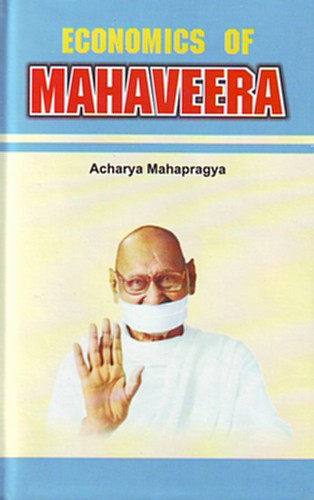
By this process, it may be concluded, with the help of Mahavira's teachings, that with profit, greed increases. If wants multiply, some needs can be satisfied, but the dissatisfaction of the person cannot be avoided. On the other hand, man's mental peace cannot be sacrificed at the altar of materialistic welfare of man. Accordingly, it is essential to establish harmony between material welfare and spiritual welfare. If mankind wants to save itself from mental stress, insanity, cruelty, exploitation, and unbridled aggression, this harmonization is indispensable. On its realization, Mahavira gave society the principle of controlling desires. Under this objective, there is no need to give up the basic needs and comforts. At the same time there is no need to accept the addiction of luxeries.
There is a two-fold divergence between the principle of restraint desires and the economic principle of the multiplication of wants. The first difference is that Economics sup ports luxuries. In support, the following arguments are presented:
- The consumption of luxuries leads to social and economic progress.
- Industriousness is encouraged.
- The standard of living goes up.
- Accumulation of wealth is achieved. In times of adversity, it provides the necessary assistance.
- Arts, crafts, skills, commerce and industry are promoted.
All economists do not support luxuries. The view of the segment of economists not supporting luxuries maintains that, with luxuries:
- Class inequality increases;
- Capital for production is eroded;
- The interest of the poor is affected, and
- Malice and hatred increase.
This point of view about luxuries is not basically different from th at of religion, but the rationale is entirely different.
The second difference between religious and economic thinking is that the latter does not recognize the imperative es sentiality of the moral principles. Disregard for moral principals is not its objective, but is a question of basic post ulate. Its basic principle is utility. The meaning of utility is the capacity to satisfy wants. According to moral principles, alcohol is not beneficial to man, that is why it has low utility for living. That which is useful can alone be beneficial. The one that does not give happiness cannot be beneficial, and the one that cannot be beneficial cannot be useful.
 Acharya Mahaprajna
Acharya Mahaprajna

